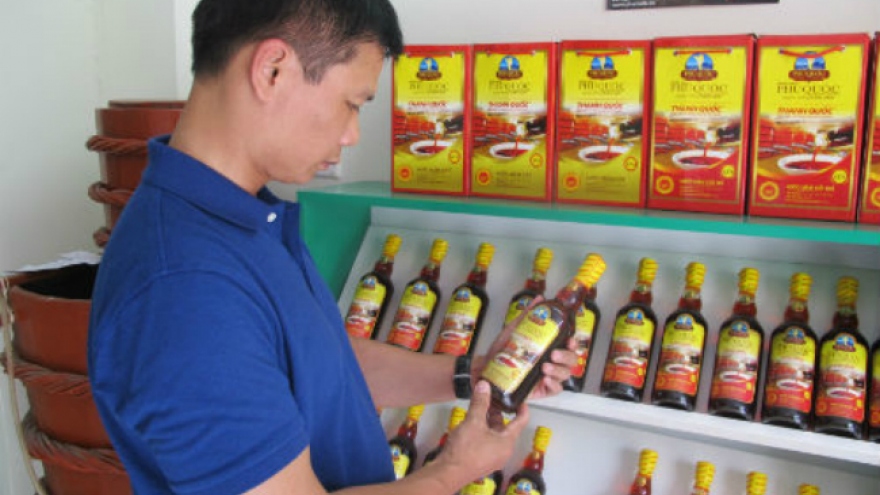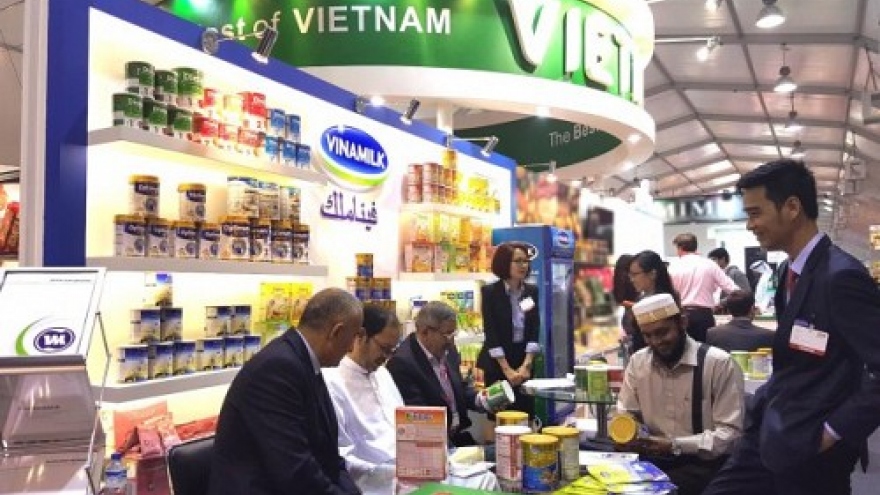Vietnam warned it may lose strong national brands after selling SOEs
Prime Minister Nguyen Xuan Phuc has instructed state management agencies to protect strong national brands, including Habeco, Sabeco and Vinamilk, after the state sells its stakes in the enterprises.
It is expected that the shares will be put into auctions. Meanwhile, foreign investors are very powerful in capital and experience, and all of them show their strong determination to penetrate Vietnam, a promising market with stable two-digit growth rates for many years.
 |
Two years ago, ThaiBev, a beverage giant, once sent words intimating that it wanted to buy Sabeco at the price of US$2 billion. One year later, it offered US$1 billion for 40% of Sabeco’s stakes (Sabeco was then valued at US$2.5 billion).
Sources said that ThaiBev, which now holds 11% of Vinamilk, will try to acquire Sabeco’s and Vinamilk’s shares at all costs.
Strong brands could fall into foreign hands. This happened with many other Vietnamese brands in the past. Huda Beer, for example, which once dominated the central region, was taken over by Danish Carlsberg, which also holds shares in many other Vietnamese breweries, from Ha Long to Habeco and Halida.
P/S, a well-known Vietnamese toothpaste brand, which once accounted for 60% of domestic market share, has been taken over by Unilever.
Meanwhile, Da Lan, which once held 70% of market share and dislodged Chinese toothpaste products, has been taken over by Colgate – Palmolive.
Experts, citing the examples, have called on the government to take cautious steps when selling its stakes, or Vietnam will suffer in the future.
“Vietnam may have no more strong brands of national stature. If so, the national economy’s vitality will depend on foreign businesses,” said Nguyen Tri Hieu, a renowned economist.
Robert Tran from Robenny said if the government strives to protect national brands, it needs to lay down clear policies to encourage Vietnamese investors to buy shares.
Nguyen Tuan Quynh, an investment expert, said the government should discuss with enterprises which shareholders would be suitable.
Vietnamese enterprises are not the buyers which offer the highest prices, but they are business owners that can help enterprises develop and protect national brands.



